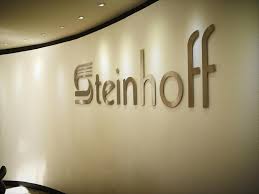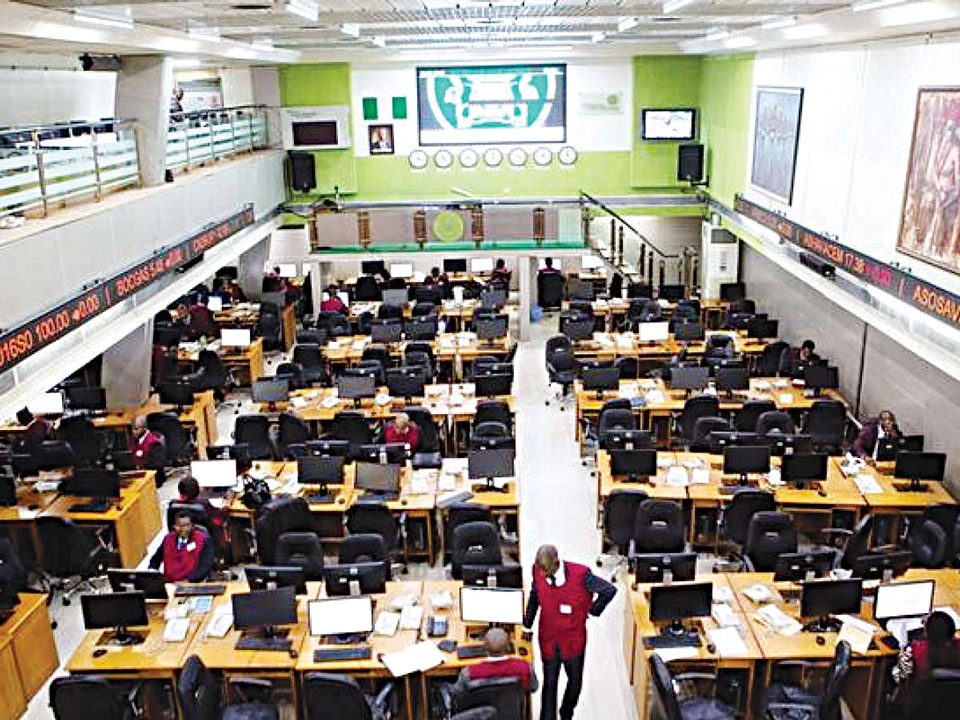Africa Update: South Africa probes seven accounts for Steinhoff insider trading

Africa Update: CS Henry Rotich welcomes NIC and Commercial Bank of Africa merger talks
December 7, 2018
World Update: Asian markets tentatively higher at end of volatile week
December 7, 2018South Africa’s financial regulator is investigating seven trading accounts that sold Steinhoff International Holdings NV shares in the weeks leading up to the global retailer’s disclosure of accounting irregularities and subsequent share-price collapse a year ago.
The accounts belong to individuals, trusts and corporate entities and the Financial Sector Conduct Authority is looking for evidence of insider trading, it said in a statement on Friday. The probe is close to completion.
The news comes after Bloomberg reported that former Steinhoff Chief Executive Officer Markus Jooste advised friends via a mobile-phone text message to sell the retailer’s shares days before the stock collapsed. The regulator has been made aware of the text, two people familiar with the situation said in October. It’s not clear whether anyone acted on its contents.
Steinhoff’s shares have lost more than 96% since the accounting scandal erupted on December 5, 2017, and the owner of Conforama in France and Poundland in the UK has sold assets and restructured about $11.4bn (over R160bn) of debt to stave off collapse. Auditors at PwC are reviewing the accounts, but the matter is so complex that their report has been postponed until February.
The trading-accounts investigation is one of three cases the FSCA has registered. The second probe focuses on Steinhoff’s release of audited 2015 and 2016 annual financial statements and its 2017 interim results. The third involves a report by short sellers Viceroy published on December 7, 2017, less than 48 hours after Steinhoff’s shock announcement.
The FSCA is receiving assistance from foreign regulators and has interviewed numerous individuals and obtained “extensive” documentation, it said. Once the PwC probe has been concluded, it’s possible that further investigations into insider trading and false and misleading statements may be initiated, the regulator said.
Speaking to lawmakers in Cape Town in September, Jooste, 57, said he wasn’t aware of any financial irregularities on the day he resigned. He instead blamed the crisis on a protracted dispute with Austrian business partner Andreas Seifert, which triggered investigations into Steinhoff by European regulators and tax authorities, which are ongoing.

